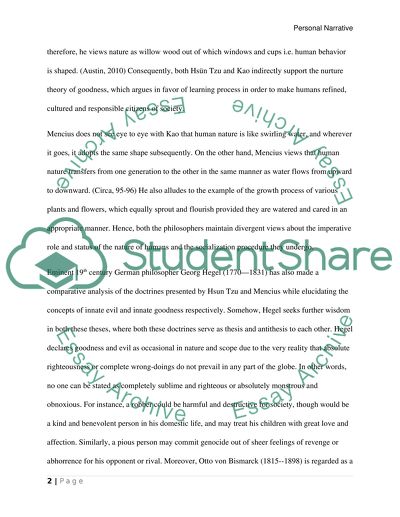Cite this document
(“Human Nature in studies of philosophers Essay Example | Topics and Well Written Essays - 1500 words”, n.d.)
Retrieved from https://studentshare.org/english/1445020-human-nature-in-studies-of-philosophers
Retrieved from https://studentshare.org/english/1445020-human-nature-in-studies-of-philosophers
(Human Nature in Studies of Philosophers Essay Example | Topics and Well Written Essays - 1500 Words)
https://studentshare.org/english/1445020-human-nature-in-studies-of-philosophers.
https://studentshare.org/english/1445020-human-nature-in-studies-of-philosophers.
“Human Nature in Studies of Philosophers Essay Example | Topics and Well Written Essays - 1500 Words”, n.d. https://studentshare.org/english/1445020-human-nature-in-studies-of-philosophers.


